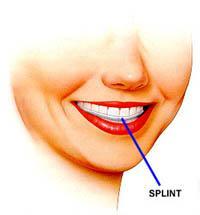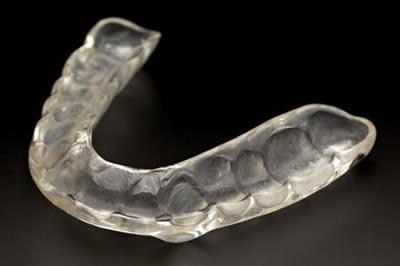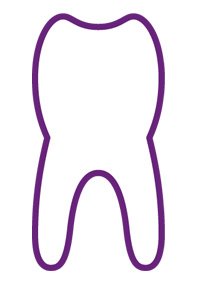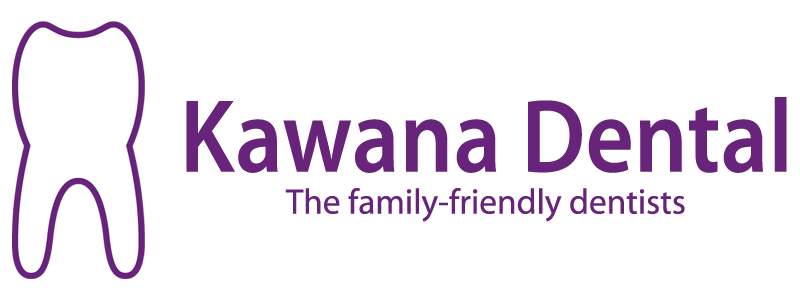30 Oct Jaw/TMJ
People who clench or grind their teeth (often without being aware of it) can sometimes develop headaches, neck aches, sore or limitation in movements of the jaw joints, as well as sensitive teeth or what is often mistaken as ear problems.
One of the most common jaw disorders is related to a problem with the temporomandibular joint, the joint that connects your lower jaw to your skull, and allows your lower jaw to open and close with chewing and speaking.
People with temporomandibular joint disorders (TMD) often have a clicking or popping sound when opening and closing their mouths.
Initial treatment for TMD begins with awareness of what is causing the problem (clenching/grinding are commonly known as “parafunction”). Further treatment may include muscle relaxants, anti-inflammatory medication, biofeedback, or wearing a small plastic appliance called a “splint” in the mouth especially during sleep. We can also point you in the direction of physiotherapists who specialise in temporomandibular joint, head and neck pain.
Minor cases of TMD involve discomfort or pain in the jaw muscles. More serious conditions involve improperly aligned joints or dislocated jaws. The most extreme form of TMD involves an arthritic condition of the jaw joint. Traumatic injuries also can cause jaw dislocation. Usually the above treatments deal effectively with the condition. In rare cases, teeth re-alignment with orthodontics or even jaw surgery may be required to correct the condition.





